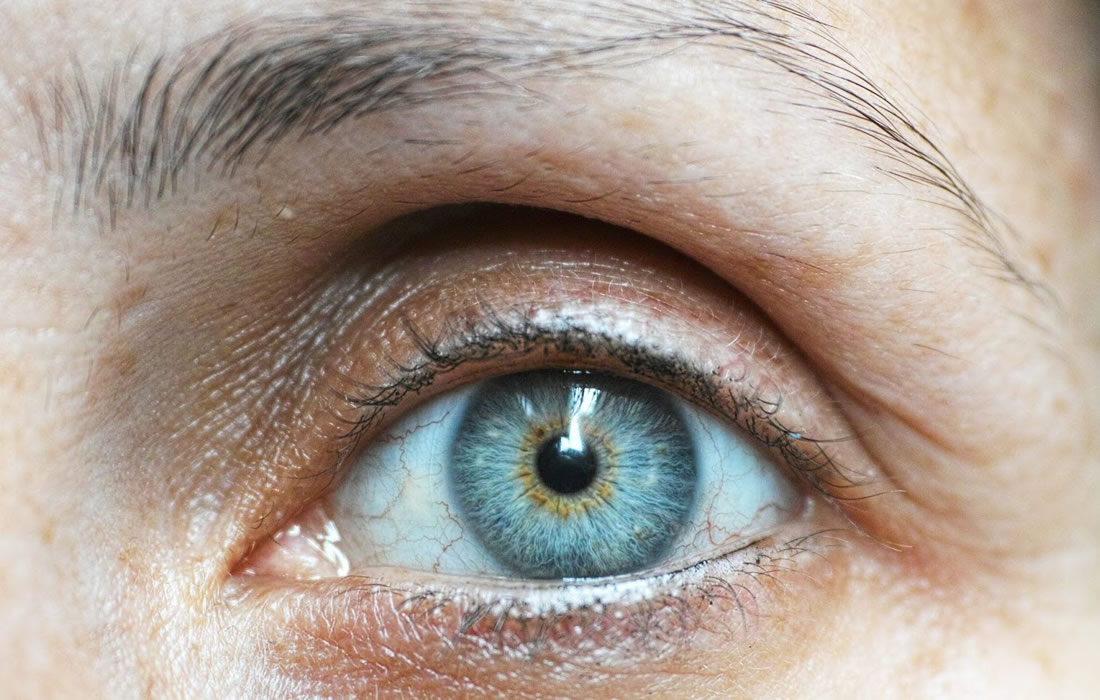Regenerative Medicine News and General Information
Bioengineered Cornea Can Restore Sight to the Blind and Visually Impaired
Researchers and entrepreneurs have developed an implant made of collagen protein from pig’s skin, which resembles the human cornea. In a pilot study, the implant restored vision to 20 people with diseased corneas, most of whom were blind prior to receiving the implant.
“The results show that it is possible to develop a biomaterial that meets all the criteria for being used as human implants, which can be mass-produced and stored up to two years and thereby reach even more people with vision problems. This gets us around the problem of shortage of donated corneal tissue and access to other treatments for eye diseases,” says Neil Lagali one of the researchers behind the study.
An estimated 12.7 million people around the world are blind due to their corneas, which is the outermost transparent layer of the eye, being damaged or diseased. Their only way of regaining vision is to receive a transplanted cornea from a human donor. But just one in 70 patients receives a cornea transplant.
The cornea consists mainly of the protein collagen. To create an alternative to human cornea, the researchers used collagen molecules derived from pig skin that were highly purified and produced under strict conditions for human use. The pig skin used is a byproduct of the food industry, making it easy to access and economically advantageous. In the process of constructing the implant, the researchers stabilized the loose collagen molecules forming a robust and transparent material that could withstand handling and implantation in the eye. While donated corneas must be used within two weeks, the bioengineered corneas can be stored for up to two years before use.
The researchers have also developed a new, minimally invasive method for treating the disease keratoconus, in which the cornea becomes so thin that it can lead to blindness.
“A less invasive method could be used in more hospitals, thereby helping more people. With our method, the surgeon doesn’t need to remove the patient’s own tissue. Instead, a small incision is made, through which the implant is inserted into the existing cornea,” says Neil Lagali, who has led the research group that has developed this surgical method.
No stitches are needed with this new surgical method. The incision in the cornea can be made with high precision thanks to an advanced laser, but also, when needed, by hand with simple surgical instruments. The method was first tested on pigs and turned out to be simpler and potentially safer than a conventional cornea transplant.
The primary purpose of the pilot clinical study was to investigate whether the implant was safe to use. However, the researchers were surprised by what happened with the implant. The cornea’s thickness and curvature were restored to normal. At the group level, the participants’ sight improved as much as it would have after a cornea transplant with donated tissue. Before the operation, 14 of the 20 participants were blind. After two years, none of them were blind any more. Three of the Indian participants who had been blind prior to the study had perfect (20/20) vision after the operation.
Sources:
Mehrdad Rafat, Mahmoud Jabbarvand, Namrata Sharma, Maria Xeroudaki, Shideh Tabe, Raha Omrani, Muthukumar Thangavelu, Anthony Mukwaya, Per Fagerholm, Anton Lennikov, Farshad Askarizadeh, Neil Lagali. Bioengineered corneal tissue for minimally invasive vision restoration in advanced keratoconus in two clinical cohorts. Nature Biotechnology, 2022; DOI: 10.1038/s41587-022-01408-w
Linköping University. “Bioengineered cornea can restore sight to the blind and visually impaired.” ScienceDaily. ScienceDaily, 11 August 2022. <www.sciencedaily.com/releases/2022/08/220811135339.htm>.
Materials provided by Linköping University. Original written by Karin Söderlund Leifler. Note: Content may be edited for style and length.
Images from:
Photo by Enyin Akyurt
https://www.pexels.com/photo/left-human-eye-1458422/

